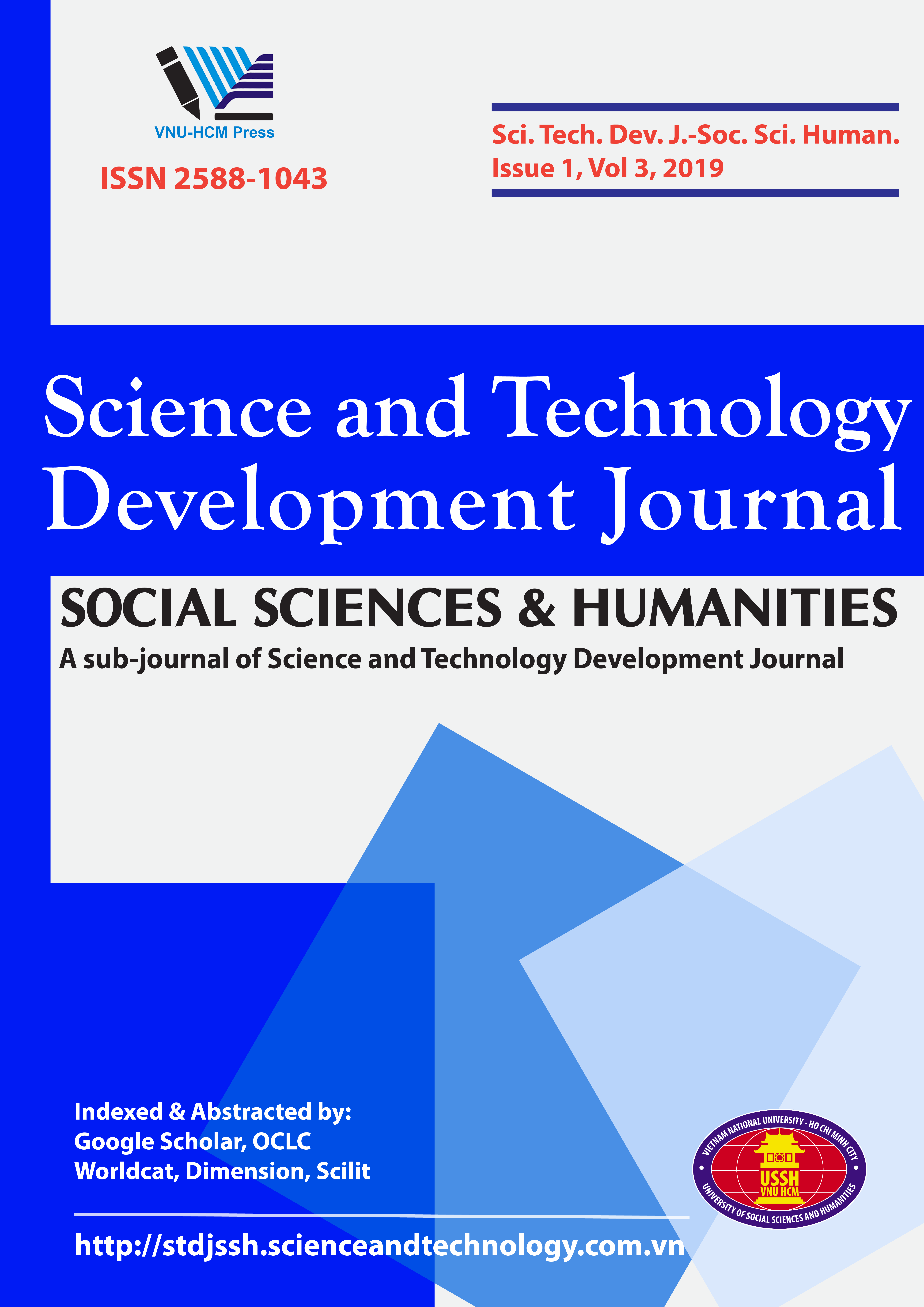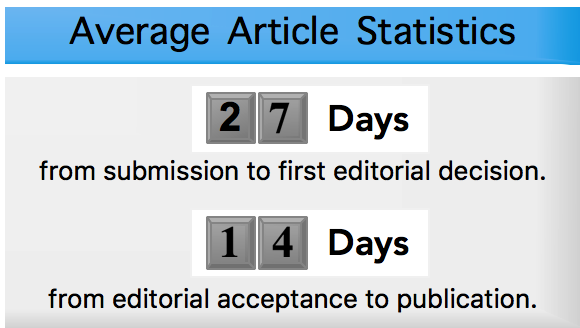Downloads
Abstract
Vuong Huu Quang 王有光, with courtesy name Dung Hoi用晦 and poetic name Te Trai 濟齋, was a high-ranked mandarin of the Nguyen Dynasty. He was born in Tan Duc Village, Tan Long District, Phien An Town, Gia Dinh Province, Southern Vietnam, into a family of the Ming-Dynasty immigrants who originated from CangZhou County, Fujian Province. Vuong Huu Quang held many important positions in the imperial court across various localities and traveled to China for diplomatic mission twice in the fifth year of Thieu Tri Emperor (1845) and from the seventh year of Thieu Tri (1847) to the first year of Tu Duc Emperor (1848). His name, however, is unfamiliar to Vietnamese modern readers due to his limited written legacy, most of which was lost in history. Researchers have known of only two steles poems he left in China, one engraved on a stele in Wuxi and the other in the Yue Fei Temple. Upon reading the old collection Viet Nam Han van Yen hanh van hien tap thanh 越南漢文燕行文獻集成, I discovered that Vuong Huu Quang and his co-worker Pham Chi Huong enjoyed writing and responding in poetic form during their diplomatic trips to China. This article introduces several more poems of Vuong Huu Quang to expand our understanding of another Southern Vietnamese poet who have been mostly covered by time, and provides a brief analysis on the poetic style that Vuong Huu Quang and Pham Chi Huong applied in portraying historical figures.
Issue: Vol 4 No 4 (2020)
Page No.: 689-701
Published: Dec 28, 2020
Section: Research Article - Arts & Humanities
DOI: https://doi.org/10.32508/stdjssh.v4i4.599
Download PDF = 587 times
Total = 587 times

 Open Access
Open Access 








